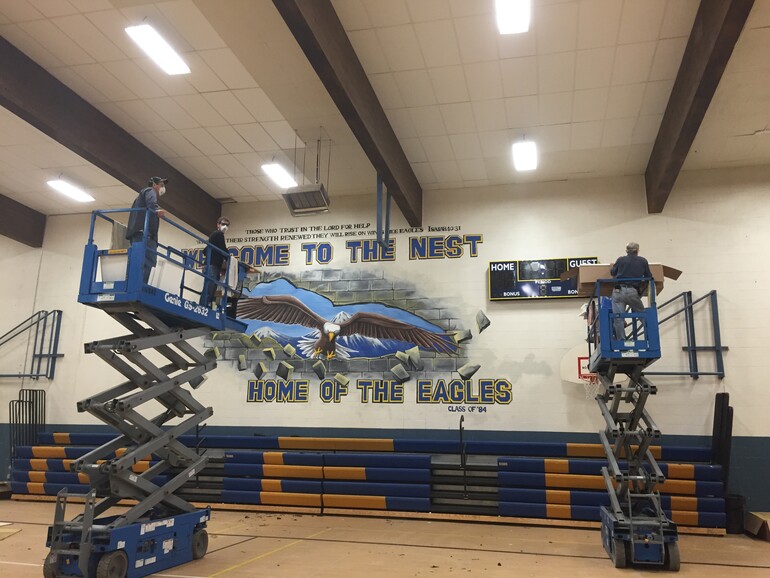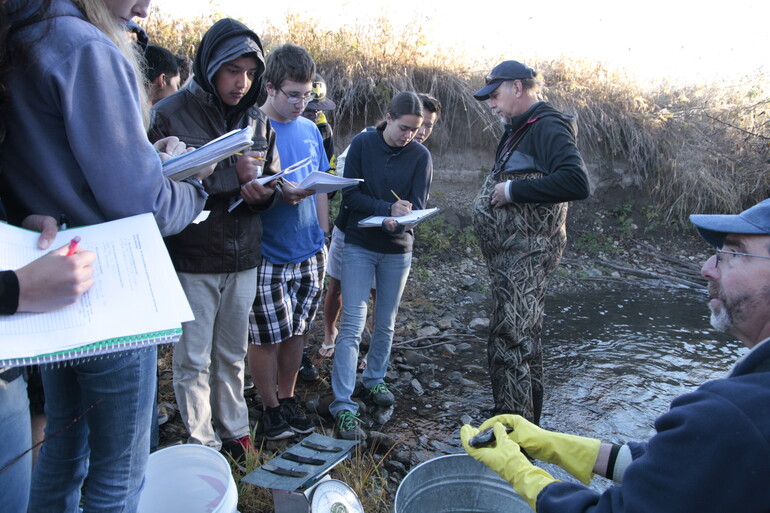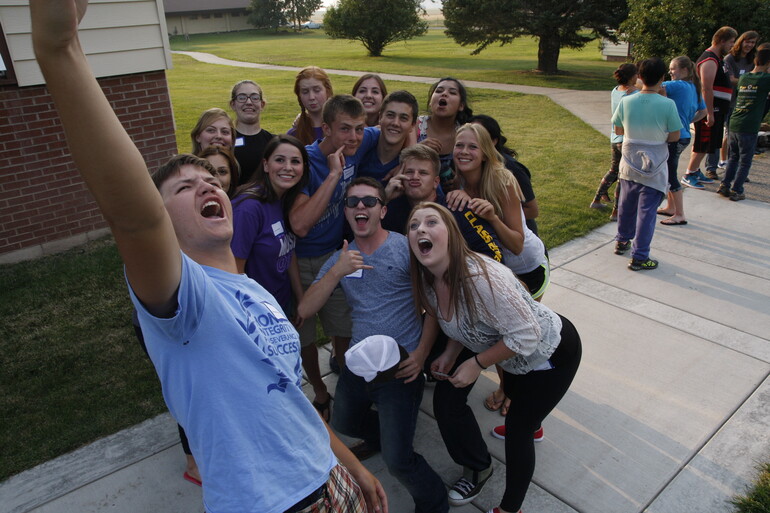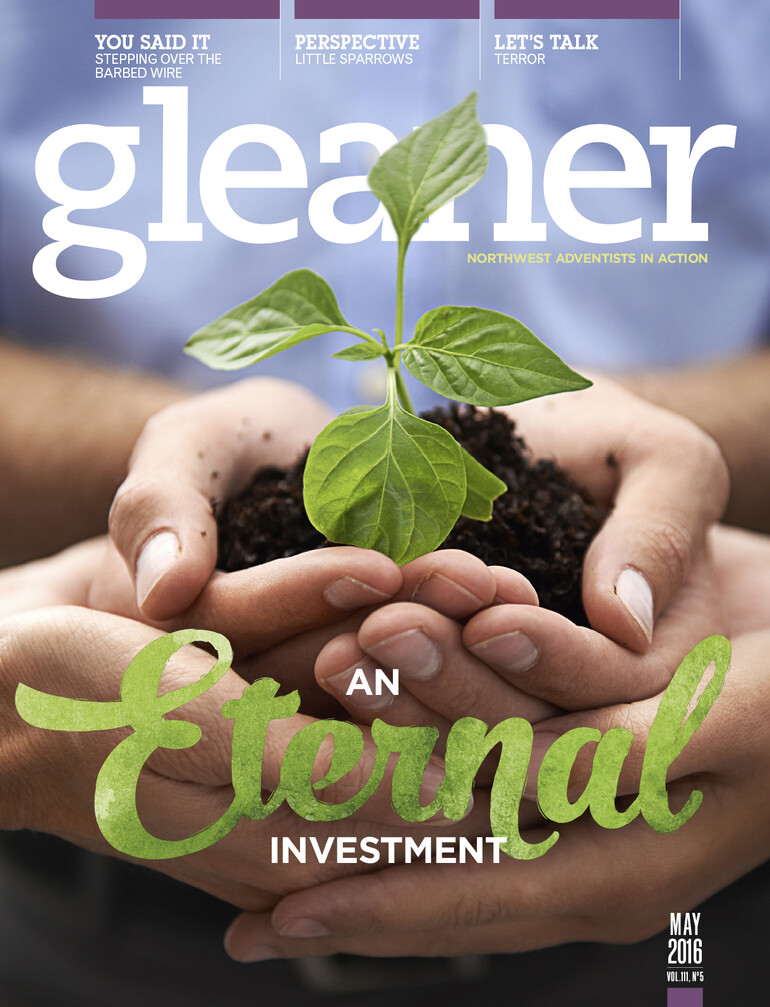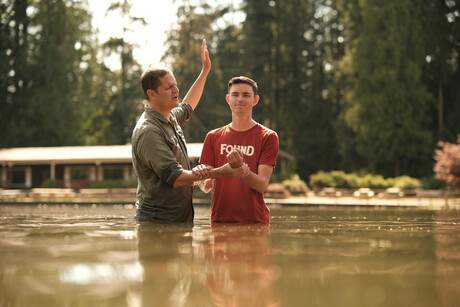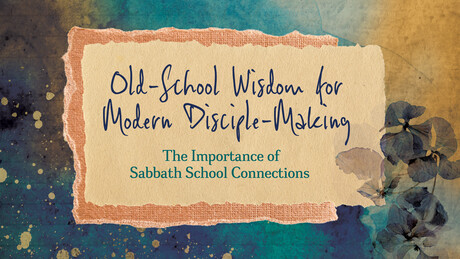“Thank you is truly not adequate.”
“You can’t possibly appreciate how much your gift means right now.”
“Your gift was an answer to prayer.”
You’ve likely sent cards at some point, thanking friends for their graciousness. Perhaps they allowed you to stay with their family for a few days as you traveled through town. Or maybe in your younger years they influenced your life’s direction for the better through perceptive wisdom. Showing gratitude by saying thank you completes the cycle of graciousness. Those simple words carry a powerful impact, allowing the recipient to participate in the giving through their appreciation.
In my position as director of development at Mount Ellis Academy (MEA) in Bozeman, Montana, I see many gifts come to our school. On occasion, a gift is received that has been given anonymously through either the Montana Conference or the planned giving department of North Pacific Union Conference (NPUC). They’ve named the school as a benefactor in their trust and want the funds distributed for either a specific project on campus or for a scholarship. Gifts like these make a tremendous impact.
Recently the NPUC planned giving department forwarded three different gifts to MEA. One $10,000 gift was designated for an acoustic issue in our gymnasium. Thanks to that gift, combined with funds that had previously been raised, the aged and damaged ceiling tiles were completely replaced prior to the 2015 camp meeting.
As a result, attendees were able to more clearly hear and understand the messages presented. Additional programs held in the gym continue to be positively impacted by the improvements, and sporting events are still lively without being earsplitting.
The two other gifts brought a combined $50,000 boost to our student aid fund for the current school year. At Mount Ellis, 39 percent of students would be less likely to attend academy were it not for the potential of student aid. Education costs and restrictive labor laws have joined forces to create seemingly unbridgeable gaps in students' financial plans. Combining church aid, NPUC support and private sponsors provides valuable assistance for many, but there is often still a financial need.
The $50,000 gift directly addresses this need, but its impact goes beyond the financial. Indeed a long-lasting impact is made in kids' lives. Not only are students afforded a quality education with the benefit of personalized attention, but they’re encouraged along their life’s spiritual journey.
Gifts like these are vital and transformative. But they do not allow for a thank you. There is no way to communicate our gratitude and appreciation with an anonymous donor. We cannot directly thank the trustor whose matured trust we have benefited from.
So how do we show our thanks to that gracious person? By exercising the “unspoken thank you” and putting forth our best effort each and every day. We say thanks by ensuring our students not only understand the academic principles being taught but also personally know the Giver of all good things.
And how might we show our appreciation when we finally meet in eternity? We will let the students whose lives were directly changed meet them and say, “Thank you! I’m only here because of you and God’s grace.”




